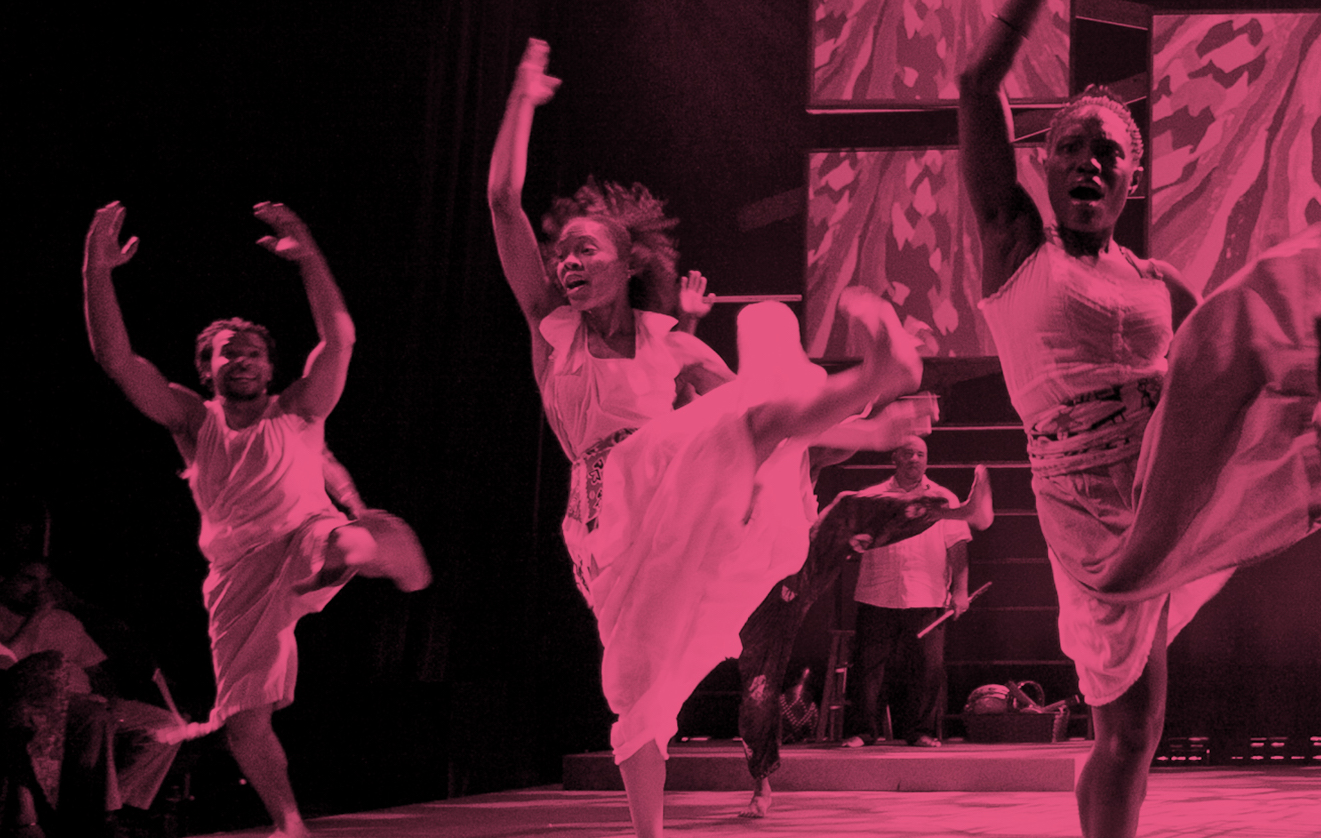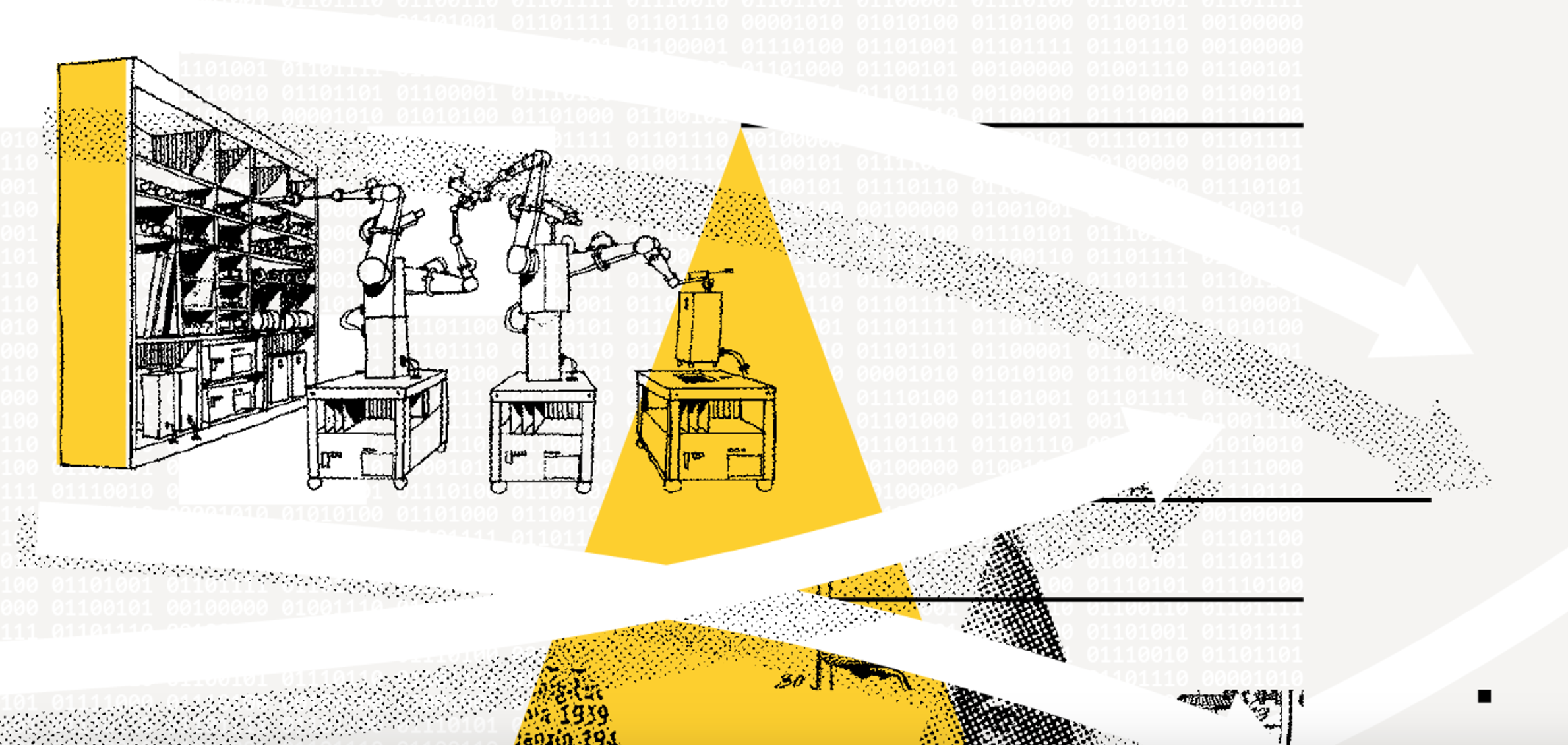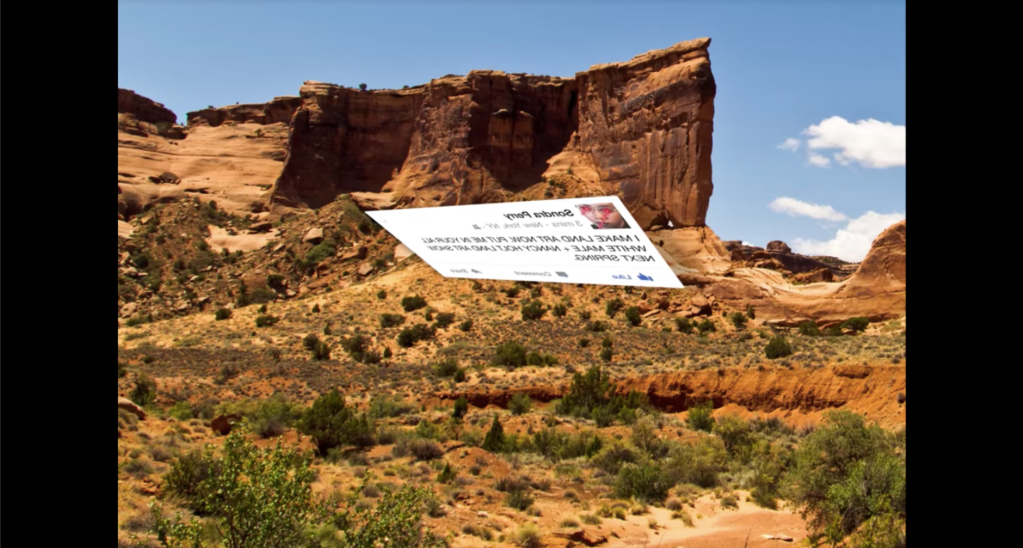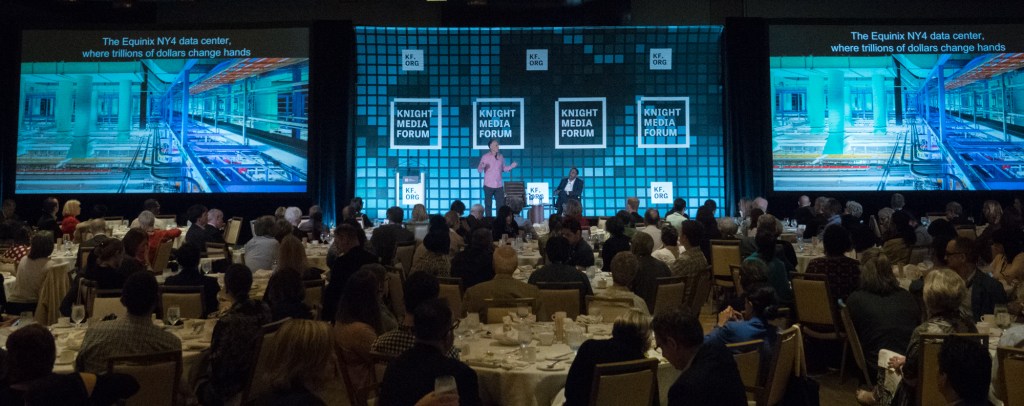
The view from Knight’s Technology Innovation Program: A strategic shift advances the exploration of how tech is changing our world
In December, Knight Foundation President Alberto Ibargüen announced our new Statement of Strategy, a view of what we do and the core beliefs that underpin our work. One of the most significant changes he described is the evolution of our Media Innovation program into Technology Innovation. The change in name is accompanied by a change in mission. I want to share our thinking in making this shift, and what that means for our work.
We spent 2016 running through a set of exercises and conversations about where the world might be headed over the next decade. This scenario planning led us to two conclusions about the role of technology in our grant-making: 1) The rate of technological change we’ve experienced in recent years is only going to accelerate, and 2) All aspects of our work at Knight Foundation will be impacted by these changes.
Our most obvious response is the name change. Instead of focusing on the internet’s impact on journalism, we’ve redesigned our work to be part of each of the foundation’s other program areas: Arts, Community and National Initiatives, and Journalism. Our goal is to ensure that the foundation, our grantees and the fields with which we work are more aware of and better prepared to take advantage of opportunities provided by the internet—and to address the challenges. For example:
- We’ve begun to collaborate with our Arts program colleagues on the challenges and opportunities faced by art museums in the digital age. We recently requested proposals from museums across the country, asking them to propose museum technology projects.
- Last month, with Civic Hall, we brought together over 150 journalists, technologists, policymakers and community builders to discuss what the 2016 presidential election can teach us about community engagement and the use of local news. With colleagues from our Journalism and Community and National Initiatives programs, we plan to hold similar conversations in the Knight communities of Akron, Ohio, Detroit, Miami, and San Jose, California, in coming months. We’re also exploring how we fund some of the ideas that address the opportunities and concerns we heard.
Our grant-making will focus on the ways in which digital technologies could impact our fields. Knight has always been interested in technology’s potential for strengthening the ways in which Americans learn about and participate in community. In the ’80s, the Knight brothers’ company, Knight Ridder, invested in and experimented with early interactive tools such as Viewtron and Dialog Information Services. A decade ago, we built on this interest by creating the Knight News Challenge in an attempt to better understand the potential of the internet for transforming journalism. This year, we’re focused on two topics:
- We are co-founders of a fund on the ethical aspects of artificial intelligence. AI has shifted from a future prospect to a present reality, and has the potential to impact every aspect of society. That’s why we’ve helped to craft the Ethics and Governance of Artificial Intelligence Fund to take an applied, multidisciplinary approach to AI, exploring its potential benefits and ill effects.
- As part of the NetGain Partnership, a collaboration between five foundations to explore public interest issues around new technologies, we are exploring how connected devices (the Internet of Things) might impact cities. In coming months, we’ll be making some grants designed to strengthen cities through technology.
Through the Knight News Challenge and the Knight Prototype Fund, we’ve seeded several projects over the last few years, and will continue to double down on the ones with the most promise for impacting the fields about which we care. We’ve provided follow-on support to several that we helped at early stages, such as Crisis Text Line, Code2040, Hollaback! and Radiotopia. Look for more in the year ahead.
We also plan to expand our work with libraries. Our first library grant was to the John F. Kennedy Presidential Library in 1964; since then we’ve made nearly 200 library grants for a total of $12 million. We’ve spent much of the past two and half years trying to better understand what libraries need to succeed by conducting two Knight News Challenges on the topic and holding conversations with libraries and others interested in the potential of the field. We’ll publish research soon on some of what we’ve learned, and we’ll fund new ideas with the potential to move the field forward. Stay tuned for specifics.
So, that’s what we know we’ll be doing this year, but we are also constantly exploring. Here are some questions that we’re asking:
What makes an enterprise—new or legacy—sustainable in the digital age? What is the future of funding for our fields and grantees? Do we need to help organizations to experiment with new ways of reaching donors? What should we look for when deciding to reinvest?
What’s our role in promoting culture change in the organizations we work with?
What can we do to increase the flow of tech talent into journalism, museums, libraries and cities?
What does it mean for our Technology Innovation team to work across programs? How do we balance grant-making and learning?
We don’t expect to find easy answers, but we look forward to more conversations with you and to learning more about what we don’t know—and those things we think we know. We expect the questions themselves will change, and we expect the process itself to help enhance the impact of what we do.
John Bracken is vice president for technology innovation at Knight Foundation. Email him via [email protected] and follow him on Twitter @jsb.
R
-
-
Arts / Article
-
Arts / Article
-
Recent Content
-
Artsarticle ·
-
Artsarticle ·
-
Communitiesarticle ·






